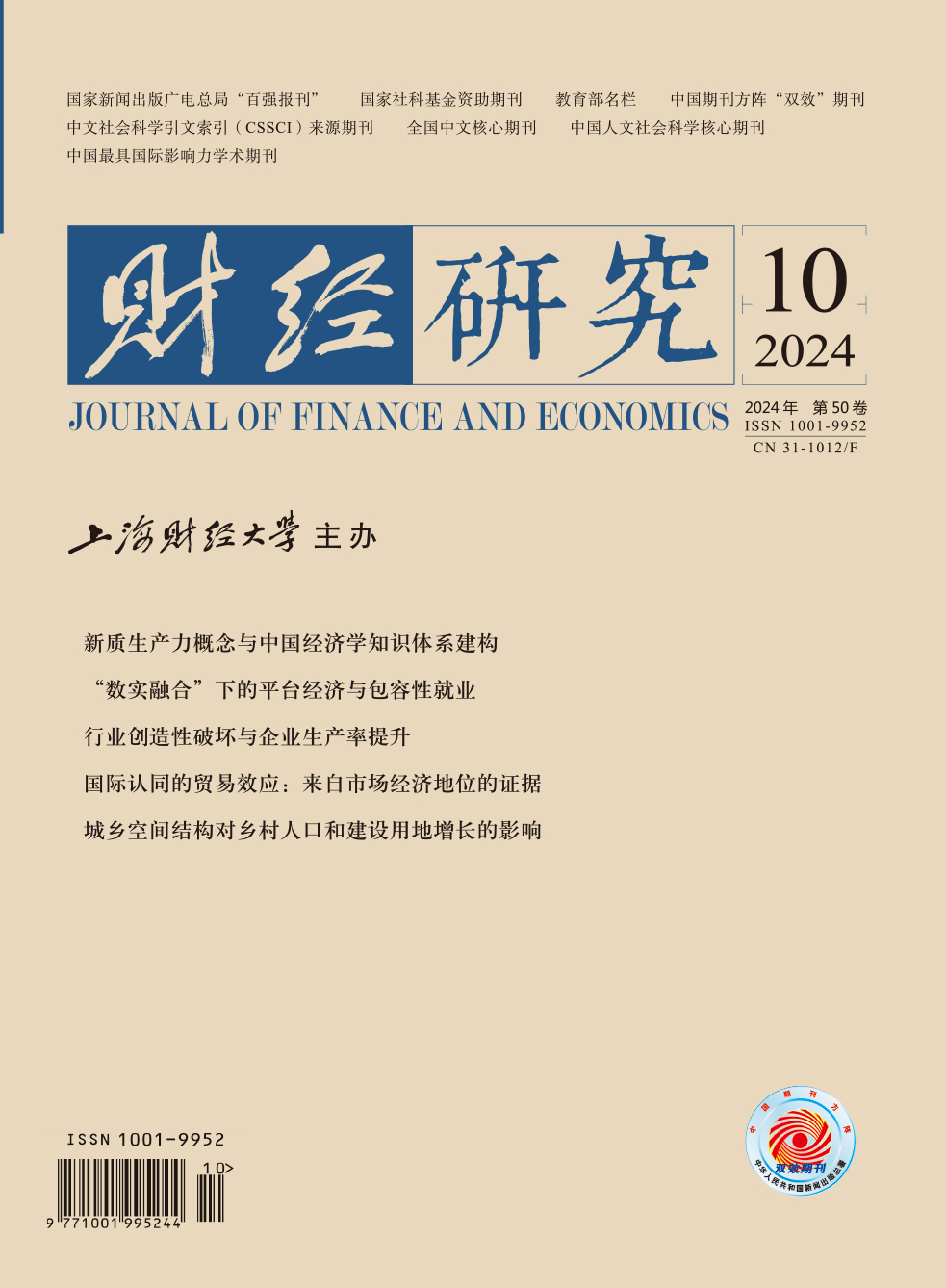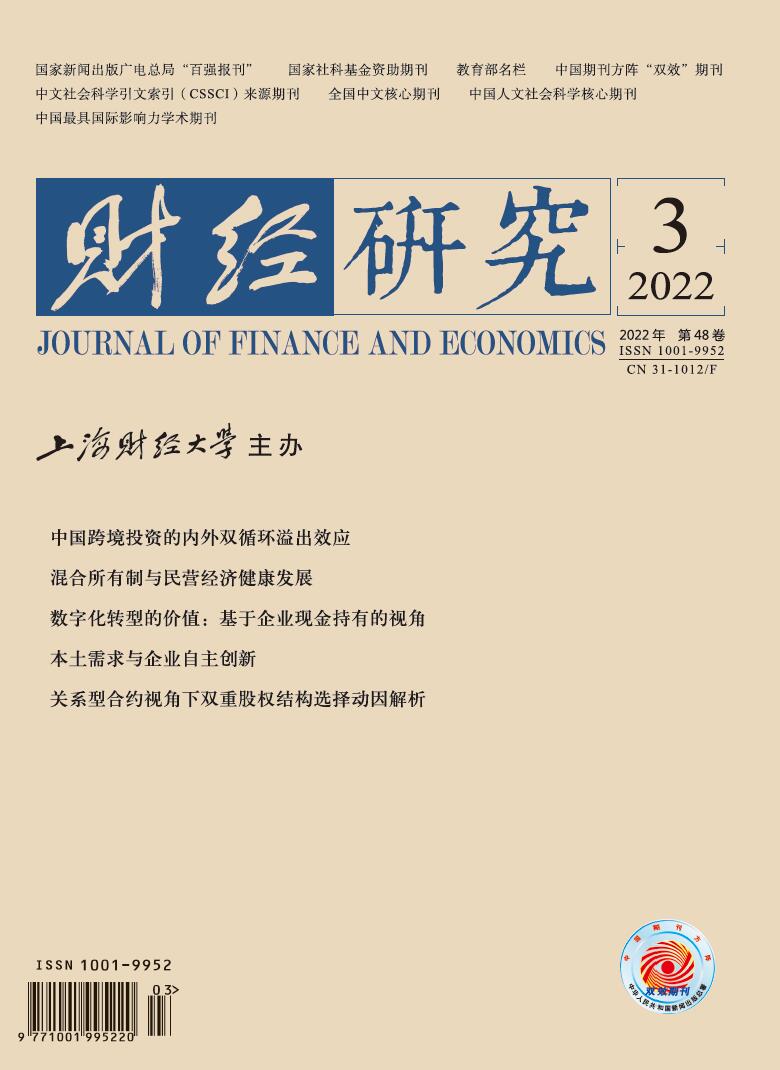In China, the business model of firms generally has the characteristic of relationship transaction. The unique political and cultural factors shape the “Chinese governance” model which is very different from western firms. That is, the transaction between firms and various stakeholders is not entirely based on the market price, but on the trust relationship formed by long-term exchanges. So, relational contracts have strong personality characteristics and are often embedded in a continuous relationship. Based on this unique institutional background in China, this paper believes that the dual-class share structure has unique advantages for the maintenance of relationship contracts. The biggest feature of the dual-class share structure is that the controller of firms has continuous and stable trading power at the beginning of stock issuance. Therefore, both insiders and external stakeholders have more stable expectations for the development of firms, which can not only provide a favorable basis for the maintenance of relational contracts, but also provide a guarantee for the long-term and stable implementation of relational contracts.
This paper takes 339 Chinese concept shares from 1997 to 2018 as the sample. The empirical results show that the firm’s choice of dual-class share structure has a significant positive correlation with whether the founder is the ultimate controlling shareholder, whether the executive is local, the firm’s political relationship and the firm’s customer concentration. Furthermore, this paper also finds that this positive correlation is strengthened when the marketization degree of the firm’s region is lower, the population mobility rate is lower, or the social capital tightness is higher. In addition, this paper also finds that after adopting the dual-class share structure, the relational contract firm will reduce the agency cost by establishing a more perfect corporate governance mechanism.
Based on the institutional background of “relational society” in China, this paper provides empirical evidence of the governance of relational contracts with special ownership structure, and expands the research perspective of corporate governance. In additional, this paper enriches the literature on how corporate contract structure affects the governance mechanism. Based on the firm level, this paper analyzes the reasons why firms adopt the dual-class share structure from the perspective of relational contracts, which is a direction not involved in the existing literature. Finally, this paper also has some practical significance. That is, it can help regulators, investors and other market parties better understand the dual-class share structure under the background of China.





 3532
3532  4019
4019

